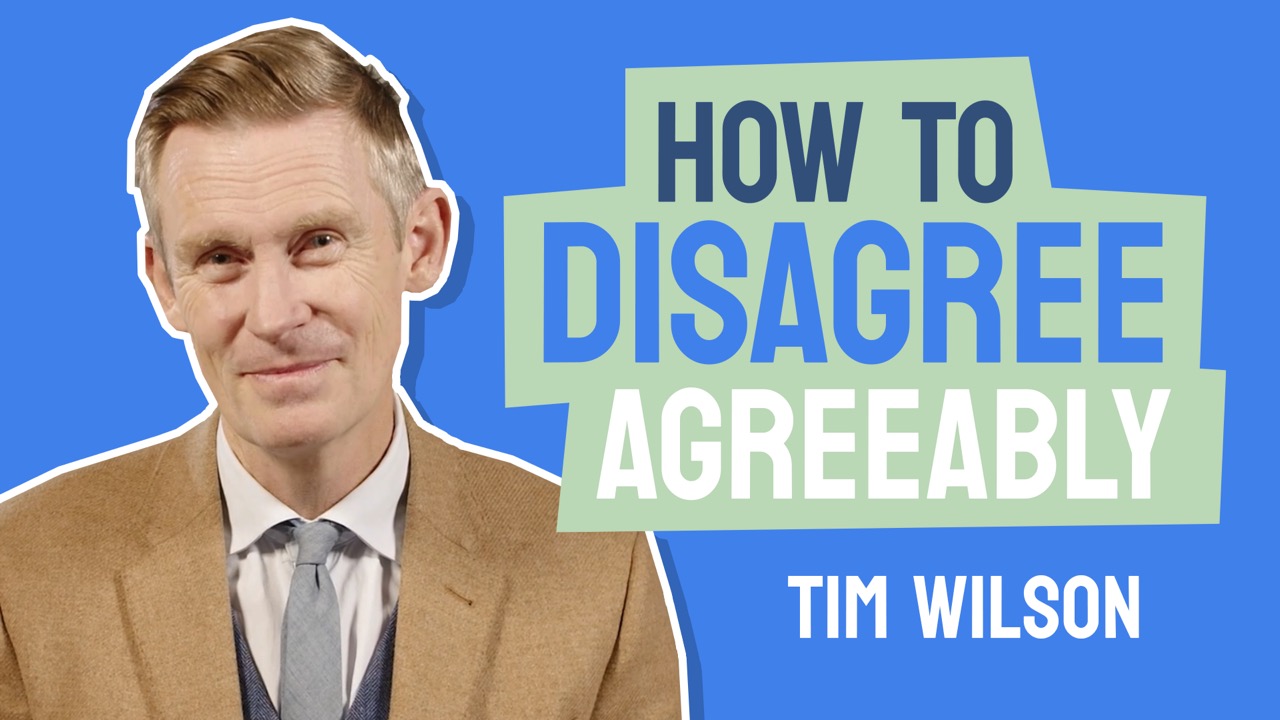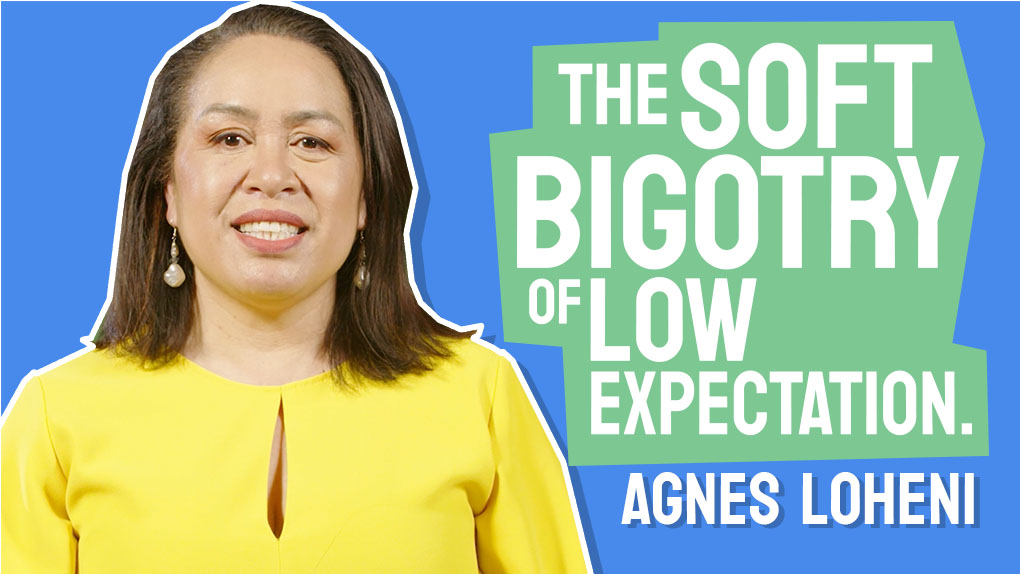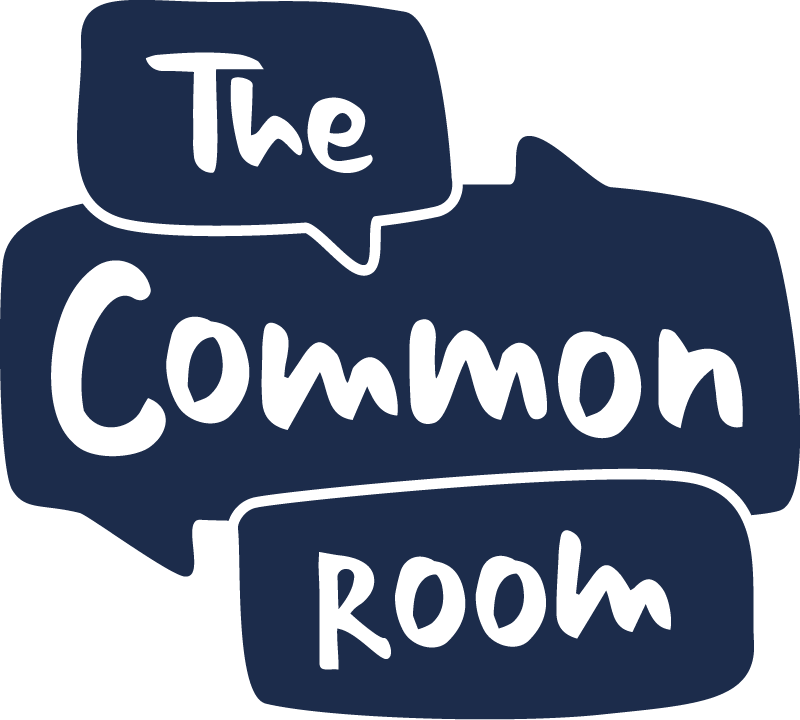Identity Politics and the Challenge to Conservatism
Thomas Cranmer, Contributing Writer
31 March 2023
One of the most significant challenges that identity politics poses to conservatism is the way it challenges traditional notions of individualism.
In recent years, New Zealand has witnessed a significant rise in identity politics, which poses a considerable challenge to conservative ideology.
Identity politics is a political framework that prioritizes the experiences, perspectives, and concerns of marginalized groups, including ethnic and racial minorities, women, LGBTQ+ individuals, and others. This framework is in contrast to conservative ideology, which values individualism and traditional social structures.
The rise of identity politics in New Zealand is not surprising, given the country’s increasingly diverse population and its growing significance overseas. New Zealand has a long history of welcoming immigrants from all over the world, and this has contributed to the country’s rich cultural heritage.
However, the main concerns from the right about identity politics are that it promotes division, intolerance, and victimhood culture.
Conservatives argue that identity politics focuses too much on group identities and not enough on individual merit and personal responsibility. They believe that identity politics promotes a culture of victimhood where individuals blame their problems on systemic discrimination or oppression rather than taking personal responsibility for their actions.
Additionally, the prevailing thought is that identity politics creates divisions within society by encouraging individuals to see themselves primarily as members of a particular group rather than as part of a broader national community. Conservatives believe that this promotes intolerance and tribalism, rather than promoting a shared sense of national identity.
Conservatives also criticise identity politics for promoting political correctness, which they believe stifles free speech and open debate. They believe that identity politics encourages individuals to police language and behaviour to avoid causing offence, which can limit intellectual diversity and prevent the free exchange of ideas.
Finally, conservatives criticise identity politics for promoting a sense of entitlement among some groups, particularly in relation to affirmative action policies. The prevailing view is that affirmative action policies, which aim to address historical discrimination and promote diversity, unfairly advantage certain groups at the expense of others, and can lead to reverse discrimination.
Parties on the right generally take a critical stance towards identity politics, with a focus on individualism and personal responsibility. These parties have criticised the Labour government’s focus on diversity and inclusion, arguing that it risks creating divisions within society and promoting a culture of entitlement. Instead, they have emphasised the importance of promoting individualism, personal responsibility, and equal opportunity for all.
That being said, it is worth noting that the National Party and Act Party have not completely avoided the issue of identity politics. Both parties have acknowledged the importance of addressing historical injustices and promoting diversity and inclusion, but they argue that these goals should be achieved through policies that promote individual responsibility and equal opportunity, rather than group entitlements or quotas.
One of the most significant challenges that identity politics poses to conservatism is the way it challenges traditional notions of individualism. Conservative ideology emphasises the importance of individual freedom and personal responsibility. However, identity politics highlights the ways in which our identities and experiences are shaped by broader social and cultural forces, and how these forces can limit our opportunities and constrain our choices.
For example, many on the left argue that the experiences of women and LGBTQ+ individuals are shaped by historical and cultural norms that they believe privilege men and heterosexuality. These norms can limit the opportunities available to these groups and make it harder for them to succeed on an equal footing with others. Similarly, progressives argue that the experiences of ethnic and racial minorities in New Zealand are shaped by historical and cultural factors that have created systemic barriers to their success and inclusion.
Another challenge that identity politics poses to conservatism is the way it challenges traditional social structures. Conservative ideology values traditional family structures, gender roles, and social hierarchies. However, identity politics challenges these structures by highlighting their view that these can be oppressive and exclusionary.
The rise of identity politics in New Zealand has also led to political polarisation, as different groups vie for recognition and representation. This polarisation has been particularly evident in the debates over immigration, where conservatives have often taken a firmer line, while identity politics advocates have emphasised the importance of diversity and inclusion.
An example of such polarisation is the reaction to the recent invitation sent to Dunedin City councillors to meet with party political leader, Hannah Tamaki, wife of Destiny Church founder, Brian Tamaki. The invitation was declined by all but one councillor. Cr Steve Walker immediately sent the message to his junk folder, saying:
“As I would with anybody who was anti-homosexual, anti-abortion, pro-conservative family values and all the nonsensical stuff they spout.”
This polarisation has created significant challenges for society as we seek to find a way to reconcile the conservative emphasis on individualism and traditional social structures with the growing demand for recognition and representation by marginalised groups.
Closely linked to identity politics is intersectionality. Conservative criticisms of intersectionality often focus on the perceived negative consequences of the approach. Intersectionality is a framework that acknowledges that people experience oppression and privilege in different ways based on the various social identities they hold, such as race, gender, sexual orientation, and socioeconomic status.
One common conservative critique is that intersectionality promotes identity politics, which leads to the fragmentation of society by emphasising differences rather than commonalities. They argue that this fragmentation results in social divisiveness and impedes progress towards a more unified society.
Conservatives also contend that intersectionality fosters victimhood culture by encouraging people to view themselves as victims of various forms of oppression. This, they argue, leads to a culture of grievance and entitlement, which is not conducive to personal responsibility or the promotion of a healthy society.
Moreover, conservatives say that intersectionality prioritises group identity over individual merit and achievement, leading to policies that promote reverse discrimination or favouritism towards certain groups. They believe that merit and achievement should be the only factors considered in decisions regarding employment, education, and other areas of life.
The rise of identity politics and intersectionality in New Zealand poses a significant challenge to conservative ideology. It has, until now, been largely promoted by politically active groups on the left but its effects are now being felt by the public in many spheres of life. Increasingly, right-leaning parties will need to address these issues in a more direct manner and articulate the dangers that this movement poses or they will continue to yield ground to the louder, more militant voices of identity political proponents on the left.
Thomas Cranmer is a lawyer with over 25 years experience in some of the world’s biggest law firms. He divides his time between the UK and NZ. He writes on Substack exploring issues facing NZ under his nom du plume, Cranmer.





